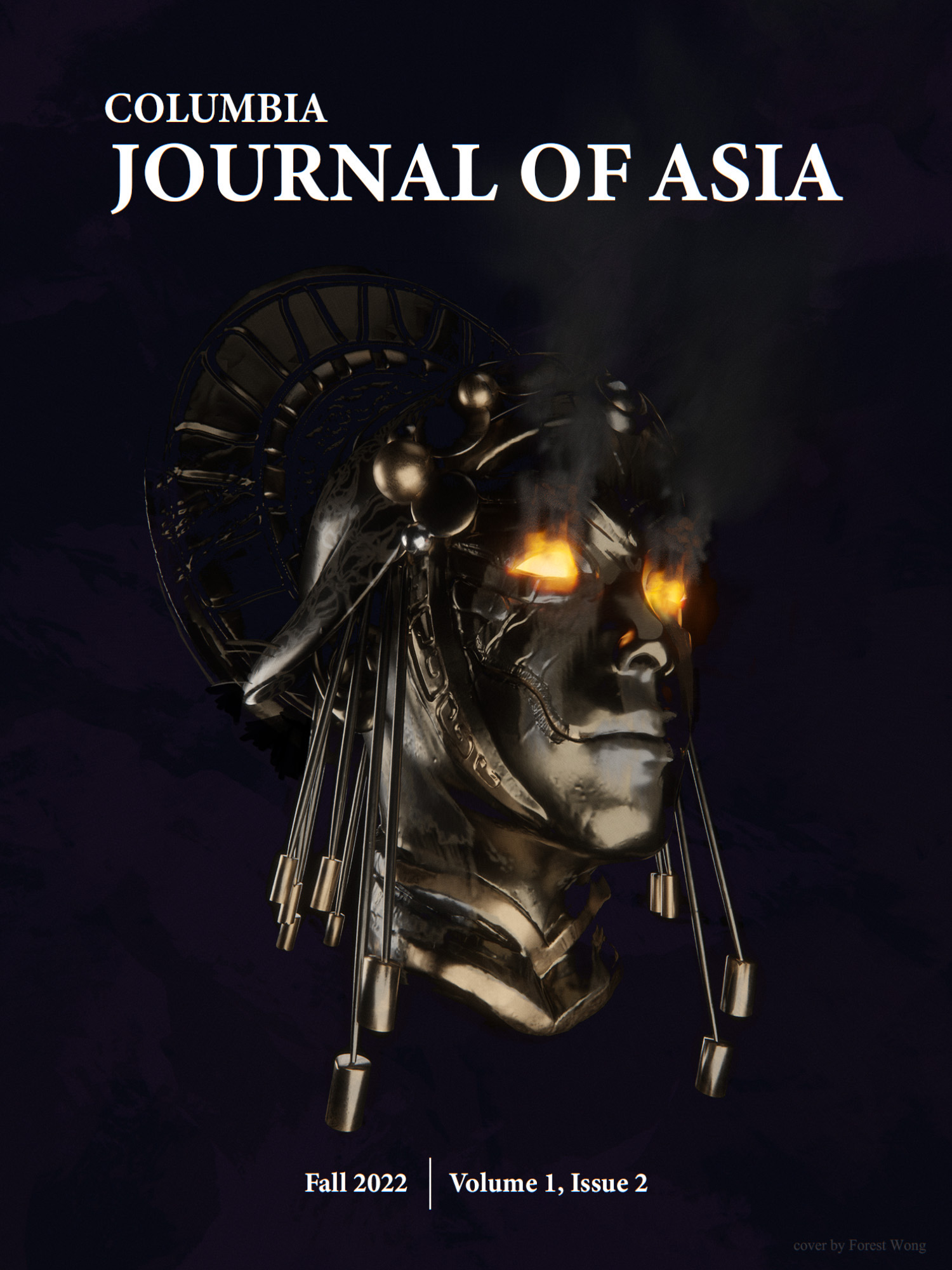Abstract
I saw the van full of construction workers on March 18th, 2022, at 16:20 when I passed them near the fourth ring of Beijing. Growing up, I’ve been told that young, adventurous peasants happily come to work in the cities to build a better life for themselves, and such is the foundation of Chinese Progress. Indeed, their labor gives rise to magnificent skyscrapers housing 21 million people, splendid wealth that puts China on par with the developed economies, and enviable healthcare, education, and transportation. And yet, for the five seconds we waited for the red lights to change, I saw exhausted, aging men, enmeshed in an invisible prison of intellectual boredom and physical drainage, who were, both legally through the hukou system and economically through neoliberalism, alien to all the riches they created.
The hukou system functions like domestic passports, where each person is a citizen of the place they are born in. One must have an employment or a hukou in the city to qualify for its public healthcare and education, which in most cities are immensely superior to those of the countryside. Often, the “peasant workers,” as they are derogatorily called, are independent contractors that the construction companies hire daily and whose healthcare premium to the government the employers pay nothing toward. The companies also make sure to shy away from paying any compensation for work hazards, and wages can be delayed for months or years. In addition, without a hukou in the city, the workers’ children are also disqualified from entering the public education system. They either stay behind in the countryside, see their parents once a year, or attend semilegal schools in the slums in the city’s periphery.
This work is the third in my series called “Progress,” which contains snapshots of my personal life, perhaps a glimpse, a momentary revelation, that give context and complexity to the well-acclaimed liberalization of Chinese economy.

